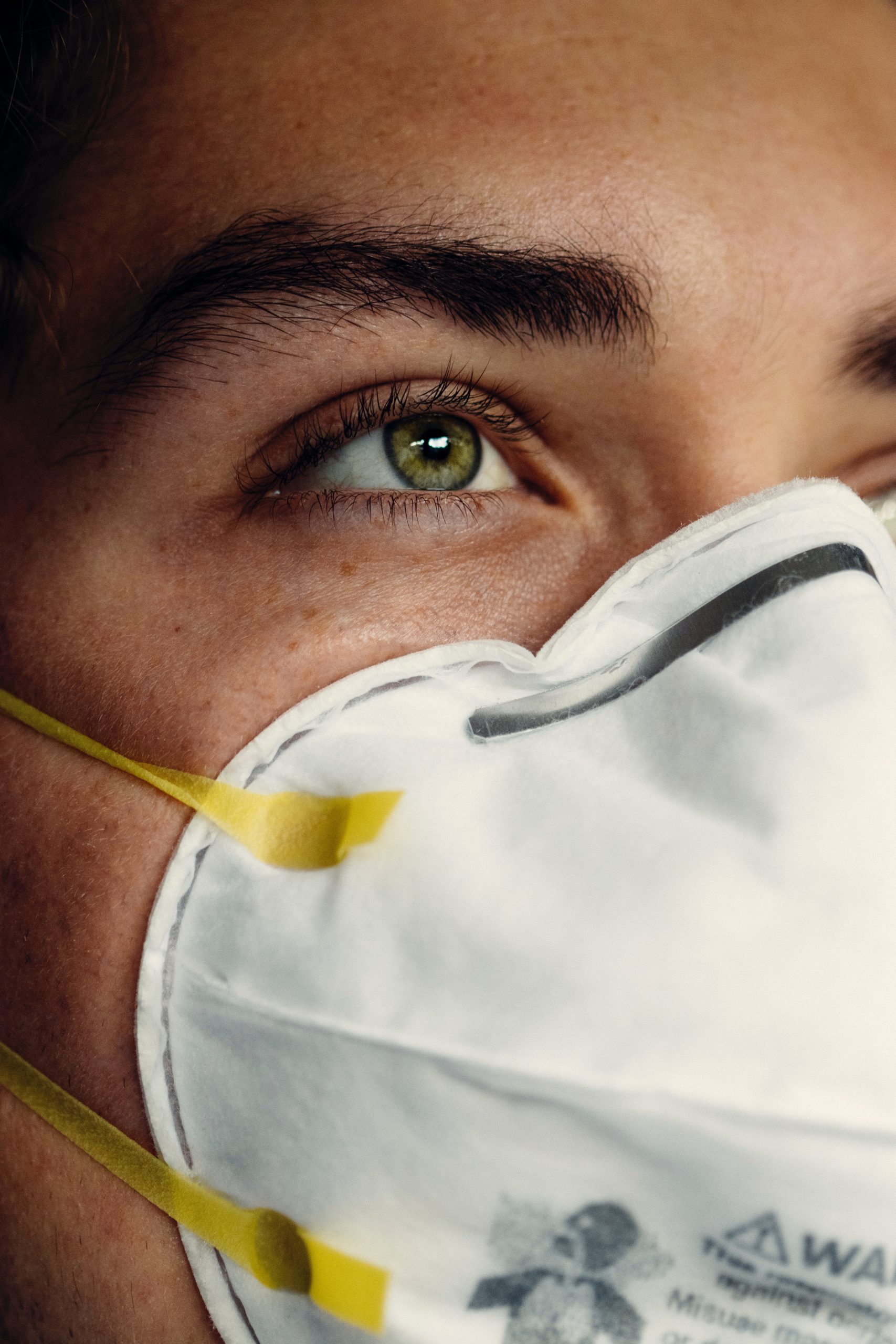From Scottie Andrew, CNN.
Updated 11:23 AM ET, Fri March 13, 2020(CNN)The novel coronavirus can infect anyone, but it’s older adults — ages 60 and up — who are more likely to get seriously sick from it.Some tips are applicable to every generation, but there are specific precautions older adults should take to protect their health.We spoke to two geriatricians and pulled guidance from the Centers for Disease Control and Prevention to assemble what people 60 and up need to know about the novel coronavirus.You can download a sheet of that information (in English, Spanish and Chinese) and share with your loved ones. But remember: Recommendations for Covid-19 may change as officials learn more, so monitor your local health department and the CDC for updates.
What’s your risk level
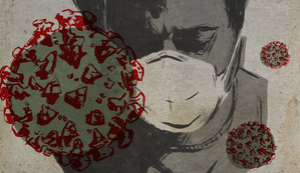
Pandemic, COVID-19 and all the coronavirus terms you need to knowThe CDC says “older adults” and people with severe chronic illness are more likely to become severely ill from Covid-19.Infectious disease experts define “older adults” as anyone age 60 and up, so people in that age group should be cautious.It’s possible to contract the virus at a younger age — it’s just more dangerous in older adults because the immune system weakens with age, said Dr. Samir Sinha, director of Geriatrics for the Sinai Health System and the University Health Network in Toronto.People over the age of 80 may want to exercise even more caution. A report published in the medical journal JAMA that examined more than 72,000 Chinese coronavirus patients found that the overall fatality rate was 2.3%. But in adults over 80, the fatality rate rose to 15%.If you live in a community where there’s an outbreak, you’re at a higher risk of infection, too. Follow the advice below.
What precautions you should take now
Cancel all non-essential doctor’s appointments, said Dr. Carla Perissinotto, an associate professor in the Geriatrics Division of the University of California-San Francisco’s Department of Medicine.
- Whether it’s a standard check-up, a follow-up appointment for a stable condition or an elective procedure, if it can wait, then it should.
- If you have an important appointment coming up, consider doing it in a video call or from your smartphone. Telehealth tech lets physicians confer with patients who may not be able to leave their homes.
- Tell a friend, a loved one, a co-worker or a neighbor if you’re concerned about the illness. Appoint one of them as an emergency contact who you can call with concerns or requests for help.
Otherwise, do what you’d do during flu season: Wash your hands frequently, the right way (get ready to read that a lot). Use hand sanitizer when soap and water aren’t available, though washing your hands is preferred.
What you should stock up on
The CDC recommends keeping enough groceries and toiletries on hand to last you a “prolonged period of time.” There’s no timeline for the Covid-19 outbreak, though, so think basic.

The psychology behind why toilet paper, of all things, is the latest coronavirus panic buy
- Stock up on toothpaste, detergent, water filters, etc.
- Make meals and freeze them if you’re concerned about food.
But stocking up on medication ahead of time isn’t always plausible, Perissinotto said. You may be able to switch to a 90-day supply for your prescription. If this isn’t possible, the CDC suggests mail ordering medications.
How you should alter daily activities
Older adults living in communities where the virus has spread should take extra precautions.
- Avoid public places where crowds may gather or poorly ventilated buildings where the risk of transmission is higher, the CDC said.
- Restrict your time in public and limit close contact.
- Older adults should still exercise and eat right, just as they would at any other time of the year, Sinha said.
And again, constant — and proper — handwashing before, during and after a trip into the public is necessary.
How you should handle travel
The CDC advises against non-essential plane travel for older adults. Several US airlines have already slashed their flight schedules for the next few months.It’s wise to stay off cruise ships for now, too. Cruise passengers are at an increased risk of person-to-person transmission with all the tight quarters, the CDC said, so if you’re already made cruise plans, it’s best to cancel them.
What you need to know about self-isolation
The CDC recommends that high-risk groups in communities with outbreaks stay home as much as possible and that people who believe they’re sick isolate themselves.
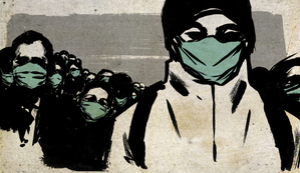
Coronavirus myths and misinformation, debunkedIsolation can be damaging, too, if you cut off contact and are lonely.“I don’t think the solution of totally being devoid of social contact is the answer,” Perissinotto said. “Yes, there is some prudence we need to have in social distancing, but we also have to be careful to not isolate more — it can be very detrimental.”So if you’re self-isolating:
- Don’t cut off contact with family or friends.
- Keep in touch to update them on your condition and curb boredom.
And if you do go out, be sure to wash your hands with soap.
What your family can do
To help you, your family should think ahead.
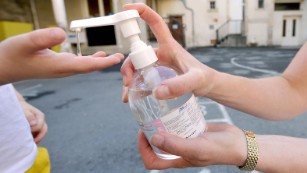
A guide to keeping your child safe and reassured as coronavirus spreadsPerissinotto recommends that family, friends and neighbors of older adults do some inventory in case the older adult needs to isolate at home.
- Does this person have what they need to spend an extended period of time inside? If not, help them prepare supplies.
- If their caregiver calls in sick, is there someone who can step in to take care of them? Have a plan in place to make sure they’ll get care if they need it.
- If they have a telemedicine appointment coming up, will they know how to access it? Set up the tech and show them how to use it to speak with their physician.
Getting prepared and keeping in touch can help keep families connected if an older member needs to isolate, Perissinotto said.And, of course, sick family members should not visit — stick to a phone or video call. And if a younger, healthy family member has potentially come into contact with a Covid-19 patient, they should self-isolate and avoid seeing older, susceptible family members.
What you should consider about nursing homes
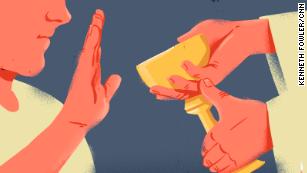
How religious communities are modifying traditions to prevent coronavirus spreadIt’s natural to be fearful for family in nursing homes and long-term care facilities, Sinha said: Older people and people with chronic illnesses, both high-risk groups, are living together in tight quarters.The good news: Most nursing homes and long-term care facilities are prepared for pandemics, Perissonotto said.The CDC provides training for long-term care facilities on how to operate during pandemics. If you’re concerned about the safety of your family member or want to learn about the protocol their facility is following, contact staff at the facility.
What you should do when visiting loved ones at nursing homes
Under the national emergency declaration, nursing home visits are now restricted with limited exceptions. The new federal guidance also cancels communal meals and group activities.Set up an alternative mode of communication between residents and family to keep up with their health and wellbeing.
What to do if you’re sick

Here’s how to avoid falling for coronavirus scamsIf you think you have the novel coronavirus: Stay home and call your physician. If they think you should come in for a test, limit your interaction with other people and don’t use public transportation. They may provide a face mask for you to wear while in their office.If your doctor is not immediately available: Consider calling a local coronavirus hotline. Some city, county and state health departments have numbers you can call to discuss your symptoms and learn more about the virus’s impact on the community. Keep in mind that these hotlines are meant as informational resources, and it’s impossible to diagnose Covid-19 without a test.If you’re diagnosed with the novel coronavirus and your illness is mild: Your physician may advise that you stay home until you recover. If your symptoms are more severe, you may be hospitalized so physicians can monitor your condition.Original content provided by cnn.com

